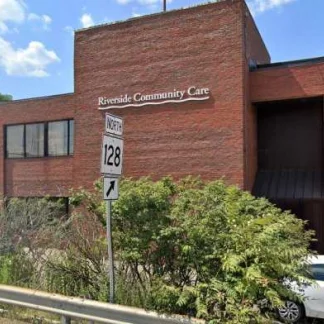Andrew House
Andrew House is a non-profit treatment facility located in Jamaica Plain, MA. An...
Elliot House, in Needham, Massachusetts, provides mental and behavioral health care services for adolescents and adults. Their programs are based on a Clubhouse Model of treatment emphasizing peer coaching and recovery-focused life skills development. Dedicated services are available for adolescents, young adults, bilingual persons, and persons with co-occurring addiction and mental illness.
Their outpatient programs are based on a Clubhouse Model of care rooted in peer coaching and life skills development. Clients engage in intensive individual and group counseling and recovery education addressing topics such as coping, self-care, wellness, emotional regulation, and relapse prevention. Independent living skills are also prioritized, including job readiness, financial management and budgeting, household management, and parenting.
Their aftercare services ensure a complete continuum of care aligned with clients’ evolving needs and may include academic and vocational training, supportive housing and employment, step-down support, and referrals for medical, mental health, and social service programs.
Elliot House accepts private insurance, Medicare, Medicaid, and self-pay.
Contact us for more information: (781) 449-1212

Connect with Elliot House by calling their admissions team directly.
(781) 449-1212 Website Get DirectionsGroup therapy is any therapeutic work that happens in a group (not one-on-one). There are a number of different group therapy modalities, including support groups, experiential therapy, psycho-education, and more. Group therapy involves treatment as well as processing interaction between group members.
Life skills trainings involve all the skills a person must have in order to function successfully in the world. These include time management, career guidance, money management, and effective communication. Truly successful addiction recovery is based on the ability to not only live substance-free, but to thrive. Life skills teaches the practical necessities of functioning in society, which sets clients up for success in life, and therefore sobriety.
Life skills trainings involve all the skills a person must have in order to function successfully in the world. These include time management, career guidance, money management, and effective communication. Truly successful addiction recovery is based on the ability to not only live substance-free, but to thrive. Life skills teaches the practical necessities of functioning in society, which sets clients up for success in life, and therefore sobriety.
Andrew House is a non-profit treatment facility located in Jamaica Plain, MA. An...
St. Elizabeth’s Medical Center - SECAP offers alcohol and drug rehab programming...
Italian Home for Children is a private rehab located in Boston, Massachusetts. I...
McLean–Gunderson Residence, in Cambridge, Massachusetts, is a residential mental...